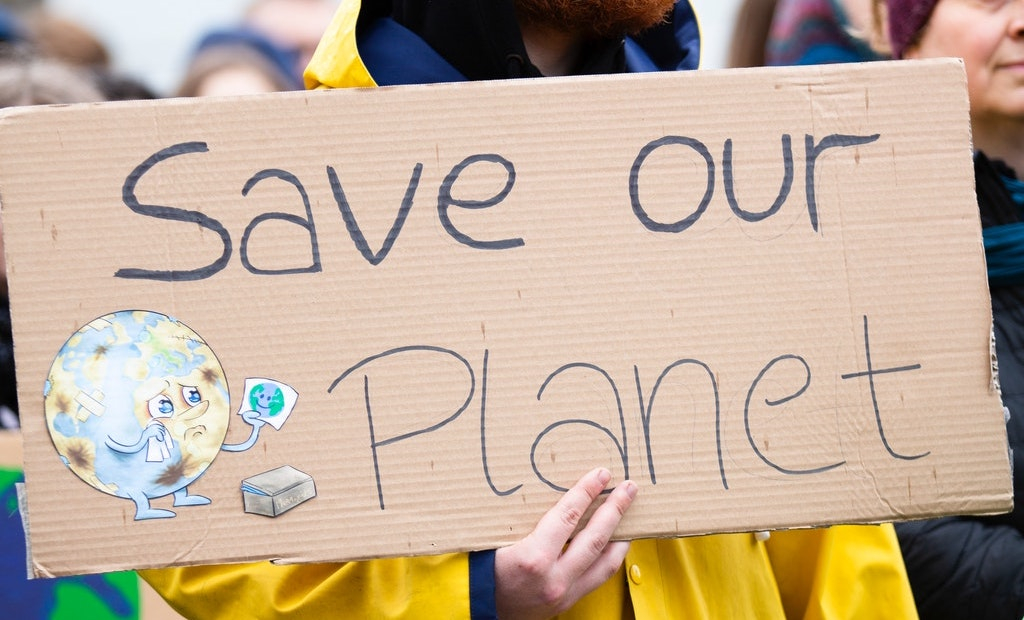Climate change: One in six species face risk of extinction

The extinction rate of certain species could accelerate dramatically if more serious action is not taken to combat climate change, according to a new research.
Up to one in six species could be wiped out if the planet’s temperature continues to rise at its current rate with South America, Australia, and New Zealand’s flora and fauna likely to be hit the hardest.
Incredibly, this could mean that 16 per cent of the Earth’s species could be lost if the world doesn’t start taking climate change seriously. Highlighting a potentially bleak future, the study, published in the journal Science, looked at 130 previously published papers regarding extinction rates.
The current international policy target, which will be the main topic of discussion at the Paris UN climate talks taking scheduled in December, is to keep the global average temperature at 2’C. Even at this level, which many experts believe is now unattainable; the extinction rate of Earth’s species will rise to 5.2 per cent, according to the ecologist Mark Urban.
If the rate of warming continues at its current level, the world’s temperature is expected to rise to 5’C by 2100. This will not only raise the extinction rate to 16 per cent, but will also dramatically alter Earth’s atmosphere.
Speaking to the Guardian, Mr Urban warned: “The risk if we continue on our current trajectory is very high. If you look out your window and count six species and think that one of those will potentially disappear, that’s quite profound. Those losses would affect our economy, our cultures, our food security, our health. It really compels us to act.”
Severe droughts, famine and extreme weather are among the realities if the Earth’s temperature is allowed to reach a temperature of 5’C. At this point, it will not just be a case of accelerated animal extinction: people all over the world will be battling for survival too.
Swedish environmental science professor Johan Rockstrom believes that the situation is so grave that the Earth is already halfway to becoming inhospitable for human life. His nine planetary boundaries theory suggests that limits need to be set within certain parameters in order to keep the world hospitable.
So far, according to his research, which was also published in Science, we are well over four of these boundaries: climate change, extinction rate, deforestation and the level of nitrogen and phosphorus in our ecosystems.
He told Russia Today: “The planet has been our best friend by buffering our actions and showing its resilience. But for the first time ever, we might shift the planet from friend to foe.”
If we continue to rely so heavily on fossil fuels the damage caused will be irreversible to nature and despite the crucial Paris talks looming on the horizon, the topic of climate change has remained conspicuously absent on the run up to the UK’s general election.
While the issue features in each of the major parties’ manifestos in some form or another, the term “climate change” has rarely been uttered as a subject for discussion in the many speeches, TV debates and publicity stunts that the UK has been barraged with in the lead up to 7th May.
Perhaps the election perfectly encapsulates general attitudes to climate change and why world leaders have left the issue until 2015 talks. It is very clear that an election cannot be won or lost on this issue and that the people are far more concerned with the matters that directly affect them in the short-term, such as austerity, the economy and immigration. However, one thing is certain, sooner rather than later climate change will not be a problem we can ignore; it will soon be a global catastrophe and we might find ourselves in a helpless position.
Joseph Tyson























Facebook
Twitter
Instagram
YouTube
RSS